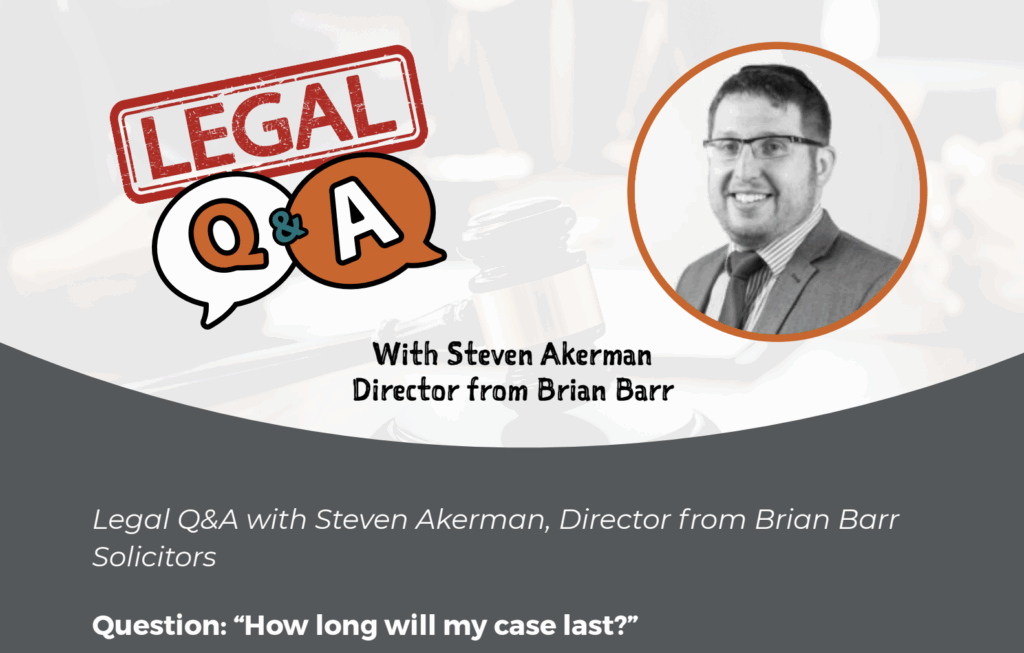If you want to become a solicitor, there are numerous different fields you can specialise in from tax and litigation to brain injury claims and fibromyalgia. Here we explore the required routes to becoming a specialist solicitor.
What Is a Specialist Solicitor?
A specialist solicitor is a professional who is an expert in a particular and specific field of law. Once qualified, solicitors often choose to specialise in a particular legal area, which can be something such as family, property, tax, litigation or may be something more specific such as space law or injury claims.
It is not necessary to specialise in a particular area of the legal system and there are also general solicitors who can assist across a range of legal needs. This can include things such as general legal advice, legislation, drafting legal documents, and representing clients in court.
General solicitors are also typically able to assist with things such as property conveyancing, writing wills and custody cases.
What to do to Become a Specialist Solicitor
In order to become a specialist solicitor in the UK, you will first need to undergo the typical solicitor trajectory.
Higher Education
Your legal trajectory does not need to start at the college or A-Level stage, but what you choose to study at A-Level could help you get ahead of the curve when it comes to studying any sector of law. Any subjects which demonstrate analytical and research abilities will help you start to hone in your legal skills.
Additionally, there are some online law courses that you may be able to complete alongside your studies.
When choosing a university degree, the most logical path is to study a three-year degree in law. This will help you obtain a broad overview of the different aspects of law and may also help inspire a specialism for later down the line. For example, if you know you want to study business or medical law, it might be worth studying business or medicine first and then completing a Graduate Diploma in Law (GDL) afterwards.
It is not always necessary to study law as your undergraduate degree as you can often complete the GDL (law conversion) after you have graduated. If you do choose to study law at undergraduate level, you can move directly onto your SQEs without needing to take the GDL.
Legal Work Experience
It is possible to skip the higher education route and go directly via a legal apprenticeship, which can last between 5-6 years. This route is a combination of studying and real-life work experience in a law firm. Apprenticeships can be a great way to apply theoretical knowledge in a real-life setting and can help you decide if a career in law is really for you.
Training Contracts
In order to complete your qualifications to be an accredited solicitor, you will need to complete a two-year training contract (or pupillage) after your studies with an accredited law firm. Alongside this, you will also need to complete a Professional Skills Course.
Specialising as a Solicitor
After completing the steps to become a solicitor, you will have an idea about which area of law is the most interesting for you. You may for example decide that specialising in something like chronic pain and CRPS is of interest, or perhaps something a little more general. You can ultimately decide if you would like to become a specialist in a specific field of law or go down the route of general law.
Specialising in Personal Injury Law or Medical Malpractice
Becoming a personal injury specialist solicitor requires the same first steps as any other career in law in that you will need to complete an undergraduate degree in law or in another subject followed by the GDL. After this, you will need to study the Legal Practice Course and then secure a training contract with a law firm who specialises in Personal Injury or Medical Malpractice in order to get the relevant experience.
For Medical Malpractice law, you will first need an expert knowledge of medical knowledge coupled with a deep understanding of diagnosis and treatment of medical issues.
If you want to specialise in Personal Injury, such as brain injury, you will be representing clients who have been involved in an accident and who are claiming compensation. For this, you need to be extremely clear of client rights and have a deep understanding of specific injuries and their mental and physical impact, like our personal injury solicitors in Manchester.
















